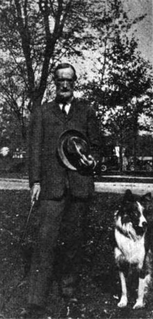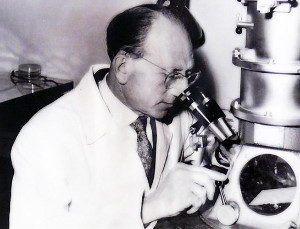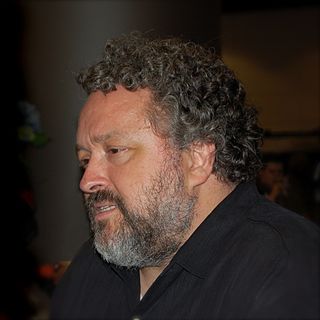A Quote by Karl Popper
Propose theories which can be criticized. Think about possible decisive falsifying experiments-crucial experiments. But do not give up your theories too easily-not, at any rate, before you have critically examined your criticism.
Related Quotes
I look at the most promising putative moral theories. I construct crucial thought experiments in areas where they give conflicting advice. I confront their conflicting advice with my own moral sensitivity, my moral intuition. I take the theory that can best explain the content of my intuitions as gaining inductive support through an inference to the best explanation.
Biochemists and biologists who adhere blindly to the Darwinism theory search for results that will be in agreement with their theories and consequently orient their research in a given direction, whether it be in the field of ecology, ethology, sociology, demography (dynamics of populations), genetics (so-called evolutionary genetics), or paleontology. This intrusion of theories has unfortunate results: it deprives observations and experiments of their objectivity, makes them biased, and, moreover, creates false problems.
I think it's science and physics are just starting to learn from all these experiments. These experiments have been carried out hundreds and hundreds of times in all sorts of ways that no physicist really questions the end point. I think that these experiments are very clearly telling us that consciousness is limitless and the ultimate reality.
It is rational to choose the right means to your ends to develop very elegant abstract formal theories of rational choice, and then turn these into what look like moral theories. Philosophers tend to be ravished by the formal beauty of such theories, and they don't pay much attention to the fact that our human limitations make them pretty useless in practice, while the simple point about instrumental reasoning is too shallow to be of much real moral interest.
...those experiments be not only esteemed which have an immediate and present use, but those principally which are of most universal consequence for invention of other experiments, and those which give more light to the invention of causes; for the invention of the mariner's needle, which giveth the direction, is of no less benefit for navigation than the invention of the sails, which give the motion.








































